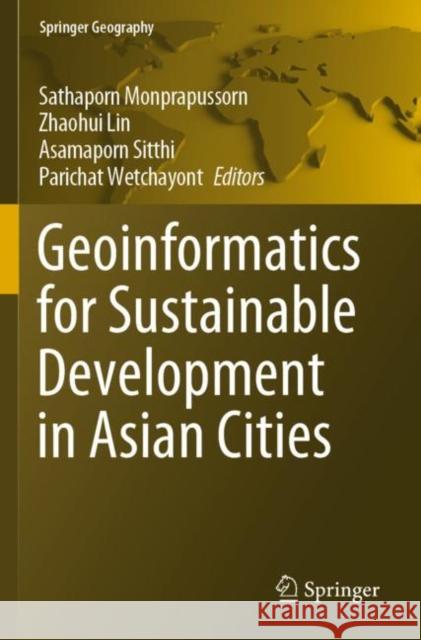Geoinformatics for Sustainable Development in Asian Cities » książka
topmenu
Geoinformatics for Sustainable Development in Asian Cities
ISBN-13: 9783030339029 / Angielski / Miękka / 2020 / 151 str.
Geoinformatics for Sustainable Development in Asian Cities
ISBN-13: 9783030339029 / Angielski / Miękka / 2020 / 151 str.
cena 925,87
(netto: 881,78 VAT: 5%)
Najniższa cena z 30 dni: 886,75
(netto: 881,78 VAT: 5%)
Najniższa cena z 30 dni: 886,75
Termin realizacji zamówienia:
ok. 16-18 dni roboczych.
ok. 16-18 dni roboczych.
Darmowa dostawa!
Kategorie BISAC:
Wydawca:
Springer
Seria wydawnicza:
Język:
Angielski
ISBN-13:
9783030339029
Rok wydania:
2020
Wydanie:
2020
Numer serii:
000436149
Ilość stron:
151
Oprawa:
Miękka
Wolumenów:
01











